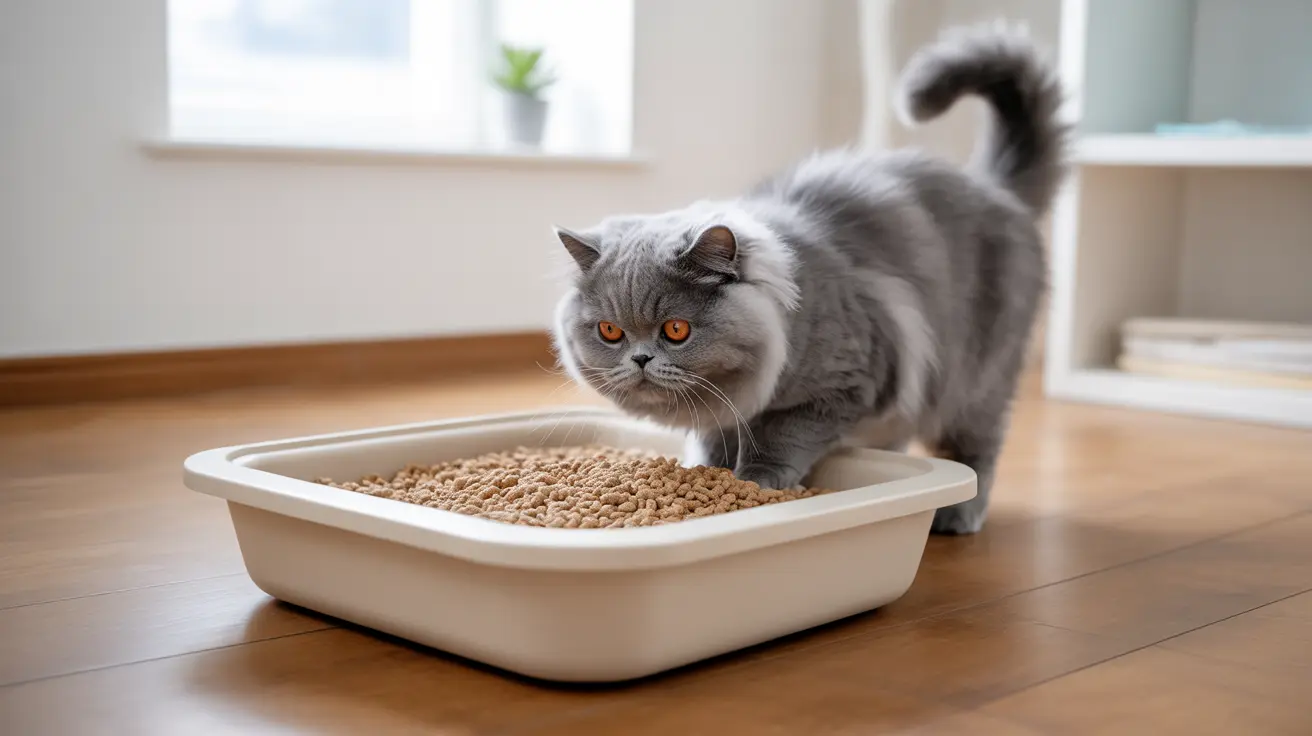Understanding Why Male Cat Urine Has a Strong Odor
If you've noticed your male cat's urine smells particularly strong, you're not alone. Male cats naturally produce more pungent urine than females, especially if they haven't been neutered. This distinct odor serves important biological and social functions in the feline world, but sudden changes in smell intensity can signal underlying issues that require attention.
Understanding why male cat urine smells very strong and recognizing when changes warrant concern can help ensure your pet's health and maintain a fresh-smelling home environment. Let's explore the various factors that influence urine odor and what you can do about it.
Natural Causes of Strong-Smelling Male Cat Urine
Hormonal Influences
Male cats, particularly unneutered ones, produce urine with high levels of testosterone and specific pheromones. These chemical compounds create a distinctively strong, musky odor that serves as a communication tool with other cats. This is especially noticeable during mating season when males are more likely to engage in territorial marking.
Biological Factors
Cats have highly efficient kidneys that produce concentrated urine with elevated levels of waste products. This natural biological process results in stronger-smelling urine compared to many other pets. The concentration of urea and other compounds can make the ammonia-like smell particularly potent in male cats.
Medical Conditions That Cause Strong Urine Odor
Urinary Tract Issues
A sudden increase in urine odor might indicate a urinary tract infection (UTI). These infections can cause a distinctively foul or fishy smell and often come with other symptoms like frequent urination or straining to urinate. If you notice these signs, veterinary attention is crucial.
Metabolic Disorders
Certain health conditions can dramatically affect urine odor. Diabetes often causes a sweet or fruity smell, while kidney disease can make urine exceptionally pungent. Both conditions require immediate medical intervention to prevent serious complications.
Prevention and Management Strategies
Proper Hydration
Ensuring your cat drinks enough water helps dilute urine concentration, naturally reducing odor intensity. Consider using a cat water fountain or placing multiple water bowls throughout your home to encourage drinking.
Litter Box Maintenance
Regular litter box cleaning is essential for controlling urine odor. Scoop the box at least once daily, completely replace litter weekly, and clean the box thoroughly with pet-safe cleaners monthly. Using high-quality, odor-absorbing litter can also make a significant difference.
Neutering Benefits
Having your male cat neutered can significantly reduce urine odor by decreasing hormone-related scent marking behaviors and the concentration of odor-causing compounds in the urine. This procedure also offers numerous health benefits and helps prevent unwanted breeding.
Frequently Asked Questions
Why does my male cat's urine suddenly have a very strong, ammonia-like smell?
A sudden increase in ammonia-like smell could be due to dehydration, concentrated urine, or underlying health issues like UTIs or kidney problems. If the change is abrupt, consult your veterinarian for proper diagnosis.
Can neutering my male cat reduce the strong odor of his urine?
Yes, neutering typically reduces urine odor significantly by decreasing hormone-related scent marking and the concentration of smell-producing compounds in the urine.
What health problems can cause male cat urine to smell unusually foul or sweet?
Urinary tract infections can cause a foul smell, while diabetes often results in sweet-smelling urine. Kidney disease and other metabolic disorders can also affect urine odor significantly.
How can I manage and reduce the strong urine smell from my male cat at home?
Maintain clean litter boxes, ensure proper hydration, use quality cat litter, clean accidents thoroughly with enzymatic cleaners, and consider neutering if your cat isn't already fixed.
When should I take my male cat to the vet because of strong-smelling urine?
Seek veterinary care if you notice sudden changes in urine odor, especially when accompanied by behavioral changes, increased urination frequency, straining to urinate, or other unusual symptoms.
Conclusion
While strong-smelling urine is common in male cats, sudden changes shouldn't be ignored. Understanding the various causes and implementing proper management strategies can help maintain both your cat's health and your home's freshness. When in doubt, always consult with your veterinarian to ensure your cat's well-being.






